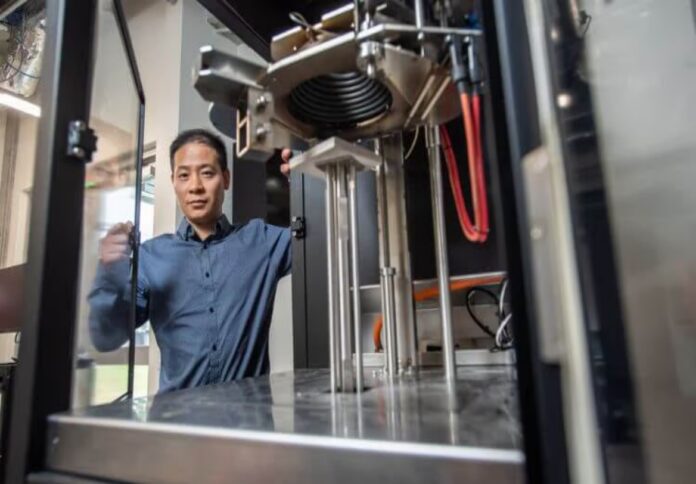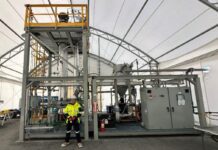
The University of Southern Queensland (UniSQ) has secured more than $1.5 million in research funding to spearhead three projects granted by the Australian Research Council (ARC) under its Discovery Projects scheme.
The allocated funding includes $548,288 for the development of bioinspired ceramifiable fire-retardant composite coatings, $533,377 for generating new knowledge and tools in global brain network modelling and deep learning technology, and $471,767 towards thermal engineering in semiconductor heterojunction for space transducers.
The ARC Discovery Projects scheme is designed to support outstanding research endeavours that contribute to the expansion of Australia’s knowledge base and research capabilities, ultimately enhancing the nation’s research landscape in terms of both scope and depth.
One of the initiatives, led by chemical engineer Professor Pingan Song and materials engineer Dr Siqi Huo, aims to pioneer next-generation advanced fire-retardant coatings designed for a variety of flammable materials, particularly for the creation of fire-safe and energy-efficient buildings.
Professor Song emphasised the importance of fire-retardant coatings in providing a cost-effective solution for developing fire-safe building thermal insulation materials.
“Early last year, we developed a lava-inspired fire-retardant coating that exhibited excellent fire protection for polymer foams for building thermal insulation,” the professor noted.
However, he said that understanding the precise composition and how it influences the overall properties of the lava-inspired fire-retardant coating remains a key research objective.
Another project, led by Professor Paul Wen, Professor Yan Li, and Dr Siuly, focuses on comprehending various aspects of brain activity, including consciousness, sleep, fatigue, stress, and depression.
“Our project uses a technique that looks at how different parts of the brain work together, like a big network, and then advanced computer methods to track these brain activities in real-time,” said Professor Wen, who has spent more than 20 years studying the brain and neural networks.
According to him, the outcomes of this research initiative are expected to have broad applications, including stress and fatigue detection in workplaces and transportation, sleep quality improvement, and addressing issues such as anxiety, depression, and amnesia.
UniSQ researchers will also collaborate on externally-led projects, contributing their expertise to initiatives led by other institutions, further expanding the impact of their research across diverse domains.
For more information about the ARC’s Discovery Projects scheme, interested parties can visit the ARC website.




















